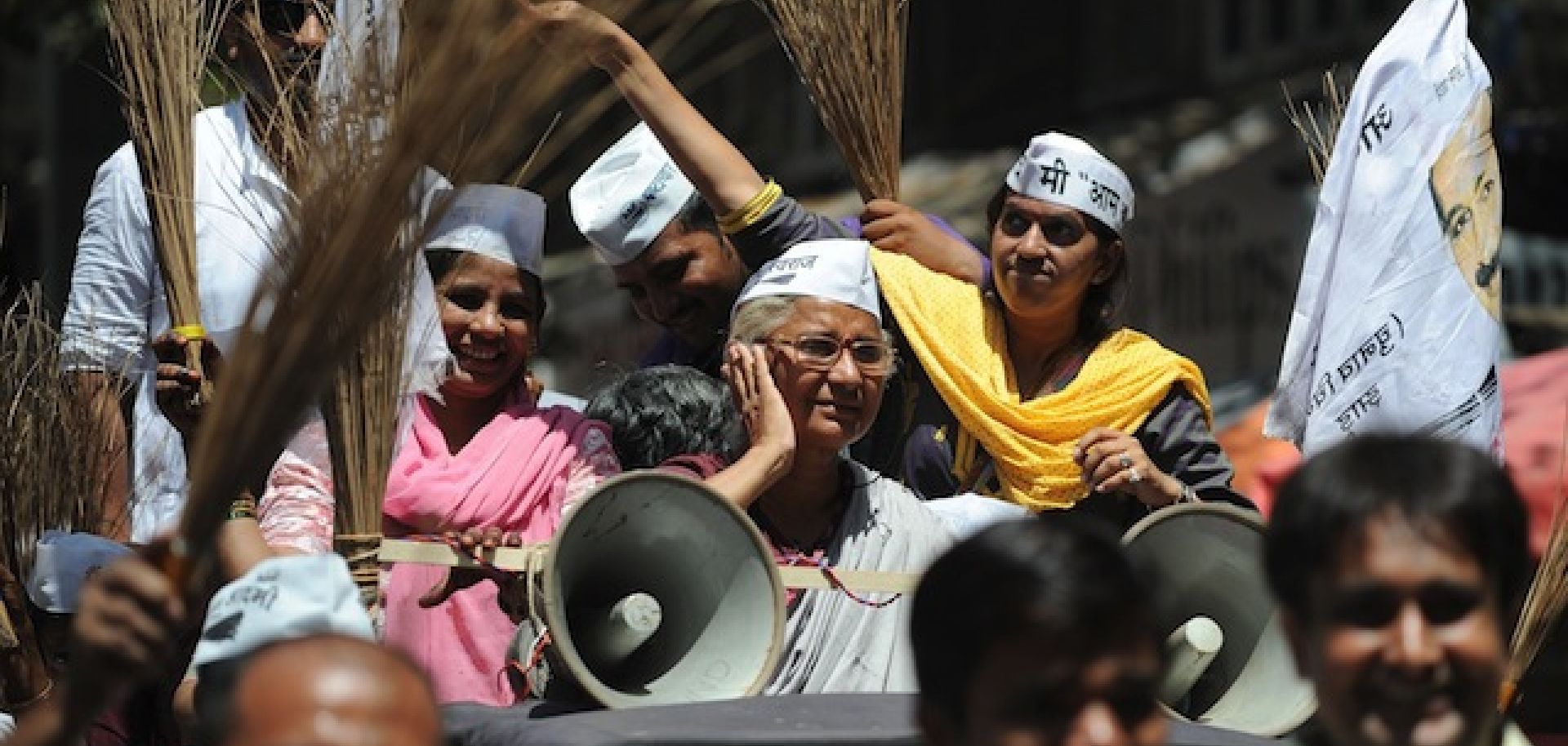ASSESSMENTS
India: Local Interests Will Complicate National Elections
Apr 5, 2014 | 11:19 GMT

(INDRANIL MUKHERJEE/AFP/Getty Images)
Summary
Between April 7 and May 12, more than 800 million Indians will go to the polls to elect India's 16th Lok Sabha, the lower house of the country's parliament. The vote, possibly the largest democratic event in history, comes at a critical time in the country. India faces declining economic growth as well as rising militant threats from a weakened Pakistan and a post-NATO Afghanistan. At the same time, India is beginning to re-engage its periphery and re-evaluate its relationships with two global powers, China and the United States.
Two parties dominate India's political landscape: the Bharatiya Janata Party, or BJP, and the Indian National Congress. The BJP's prime minister candidate is Narendra Modi, a controversial pro-business Hindu nationalist who currently serves as chief minister of the economically vibrant Gujarat state. Congress, on the other hand, is semi-socialist and one of the world's oldest political parties, currently in its fourth generation of Gandhi family leadership. India's elections, especially the potential for a Modi victory, will be watched with an eye toward reform. Regardless of the outcome of the elections and the subsequent coalition building, India's next leader — even if it is the charismatic and dedicated Modi — will see any initiatives constrained by the considerable inertia of India's geopolitical realities.
Subscribe Now
SubscribeAlready have an account?
